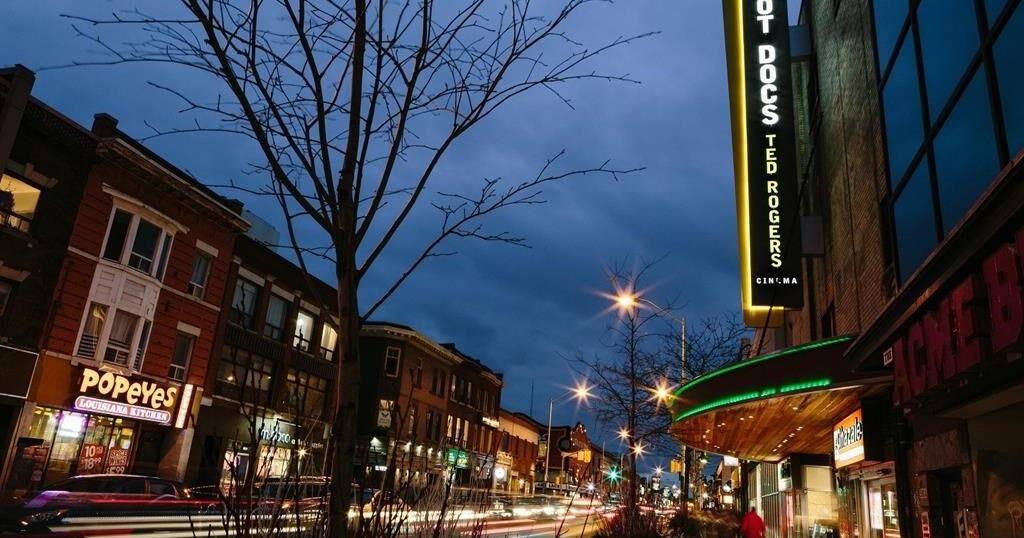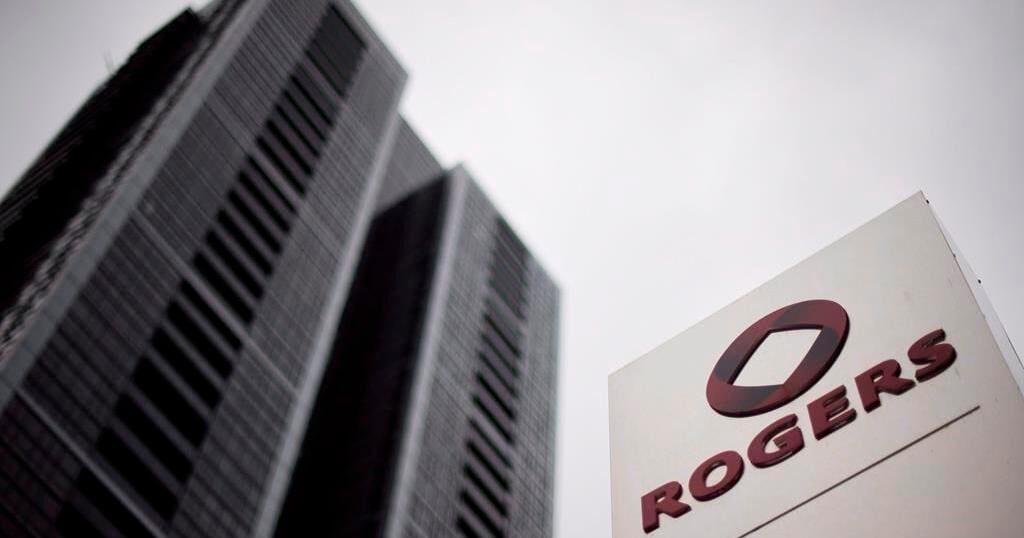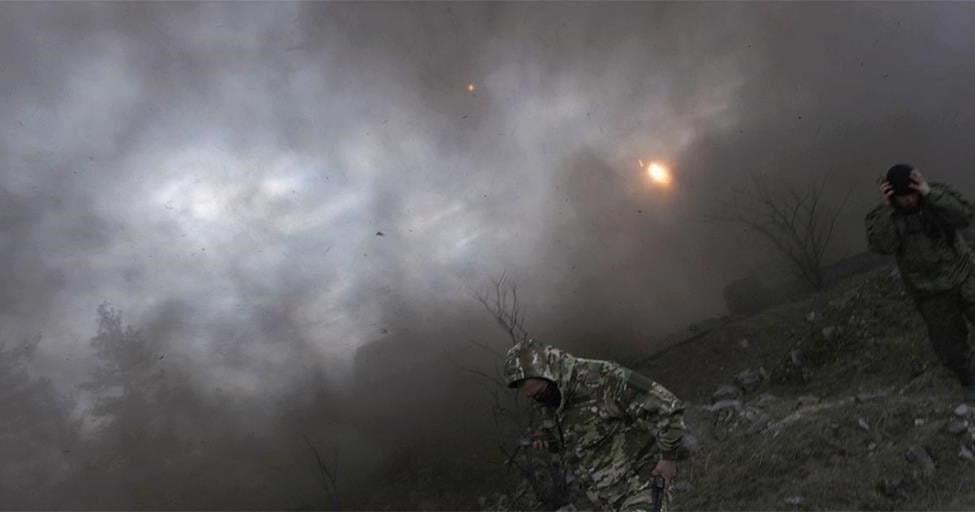Rogers Communications’ plan to buy out Bell’s ownership share of Maple Leaf Sports & Entertainment could become a big victory for an emerging power player on the sports media scene.
The deal makes tech giant Amazon a strong favourite to land national NHL broadcast rights once the current deal with Rogers expires in less than two years, a sports management associate professor said Thursday.
“The big winner was Amazon,” said Brock University’s Mike Naraine. “1A was Amazon, 1B was Rogers and after 50 feet of nothing, Bell shows up last.”
Rogers announced Wednesday it planned to purchase Bell’s 37.5-per cent share of MLSE for $4.7 billion, giving it 75 per cent ownership of the sports conglomerate. Rogers and Bell currently hold equal shares while MLSE chairman Larry Tanenbaum, via his holding company Kilmer Sports Inc., owns the other 25 per cent.
The proposed sale, assuming it gets regulatory and league approvals, is expected to close in mid-2025.
Bell owns TSN while Rogers owns Sportsnet and Major League Baseball’s Toronto Blue Jays. The NHL’s Maple Leafs, NBA’s Raptors, CFL’s Argonauts, Toronto FC of MLS and the AHL’s Marlies are under the MLSE umbrella.
The deep-pocketed Amazon, meanwhile, is preparing to dip its toe in the NHL broadcasting water this season with Prime Monday Night Hockey. It already has an NFL package for Thursday night games and the NBA recently signed a long-term media rights deal with Amazon, Disney and NBC Universal.
In 2013, Rogers’ $5.2-billion, 12-year NHL rights deal was billed as the largest media rights deal in league history. As for the next package, Naraine said the timing is perfect for an OTT (over-the-top) platform like Amazon to “blow everyone out of the water” and secure the rights.
“What this (MLSE deal) really says is now the door is wide open and things are going to get shaken,” he said. “It’s not Rogers versus Bell anymore. It’s really the old guard versus the new guard.
“And this move is the first domino to fall. The next domino to fall will be who exactly gets the rights in 2026.”
Naraine felt that Rogers was also a winner in the deal because they “clarified to everyone what they want to do” by focusing on ownership and legacy. The proposed sale puts the value of MLSE in its entirety at $12.53 billion.
“It’s a long-term game, not a short-term game,” Naraine said. “But it’s a game that (Rogers executive chairman) Ed Rogers knows he’s going to win. There’s only (30 or) 32 teams in these leagues.”
As for Bell, Naraine said he expected the infusion of funds would likely be used to tackle debt and invest in its core telecom business.
If Amazon does go all in on the next rights deal, Rogers, TSN and the CBC could all still have a piece of the pie, depending on who might be in position to pay, said Naraine.
He added the “writing was already on the wall” on Rogers’ future plans when it off-loaded the Monday night package to Amazon last April.
“There is a very small chance that Rogers blows another $6 billion-plus dollars to get hockey rights on top of the $4.7 billion they just spent to buy and acquire Bell’s stake in MLSE,” he said.
Amazon Prime Video’s first exclusive game is Oct. 14 between the Montreal Canadiens and Pittsburgh Penguins.
Prime Monday Night Hockey will stream all national regular-season Monday night NHL games in English for the next two seasons. The deal was the NHL’s first exclusive national broadcast package with a digital-only streaming service in Canada.
This report by The Canadian Press was first published Sept. 19, 2024.
Follow @GregoryStrongCP on X.





















